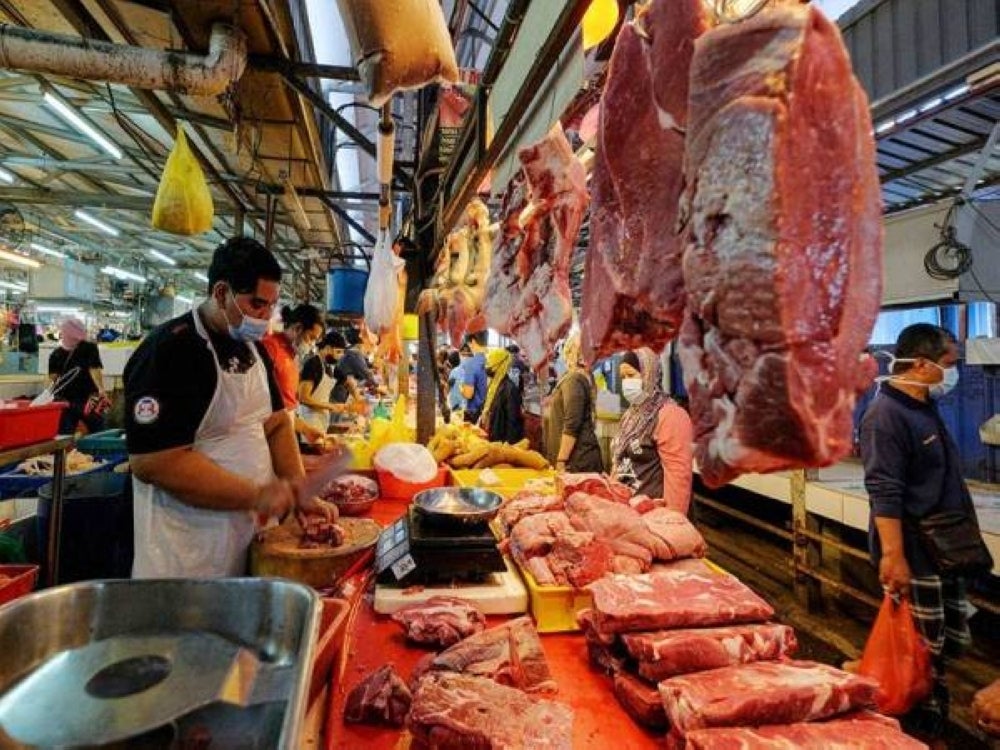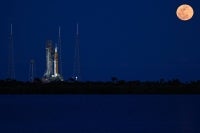Increasing cost of livestock feed, market demands main reason for price hike

SHAH ALAM - High cost of raw materials and increasing demand from buyers are the main reason for the increasing price of fresh meat during the Ramadan month.
Ruminant Transformation Generation Cooperatives (GTR) chairman Nordin Mat said the increasing cost of livestock feed such as palm kernel cake (PKC), corn, and soy has been around since the beginning of last year.
These prices, he said, were expected to increase by two to threefold nearing Ramadan and Aidilfitri celebrations.
“It has actually gone up previously but people might not have noticed. They are only noticing it now during the fasting month. They may only have noticed this due to the high demand,” he said yesterday.
Sinar Harian on Saturday (April 2) reported that the price of fresh meat in Terengganu recorded an increase to RM35 per kg compared to RM34 the week prior.
Commenting further, Nordin said, the price hike in Terengganu and Kelantan were at a reasonable rate compared to the rates in Kuala Lumpur, Johor and Penang which were between RM38 to RM40 per kg.
He explained that although the increase in fresh meat prices was expected to subside slightly after the Aidilfitri celebration period, the trend of increasing prices for fresh food items due to livestock costs would likely continue if there was no policy change made by the government.

“It is impossible for the meat price to go down unless there is a new policy made by the government, for example through the introduction of subsidy quotas for brans.
“The initiative can help to reduce the cost of livestock and further reduce the selling price of meat," he said.
Nordin added that the price of livestock feed, including PKC produced in the country, was also seen to be out of control.
"We understand if the price of corn and soy cannot be controlled because it is a commodity from abroad. But the PKC is a waste from the oil palm factory that many foreign farmers now import (from Malaysia).
"So this also makes it difficult for the (local) farmers themselves to get supplies at low prices while the PKC’s need for local farmers is only three percent of the country's total PKC production," he said.
Nordin informed that as of April, farmers have yet to receive the subsidy announced in the 2022 Budget through the Rong Sawit Feed Subsidised Price Scheme amounting to RM25 million.
He admitted that among other issues that bother the farmers in the country is the lack of manpower and the spread of lumpy skin disease (LSD) which has caused many farms to be closed.
Download Sinar Daily application.Click Here!














